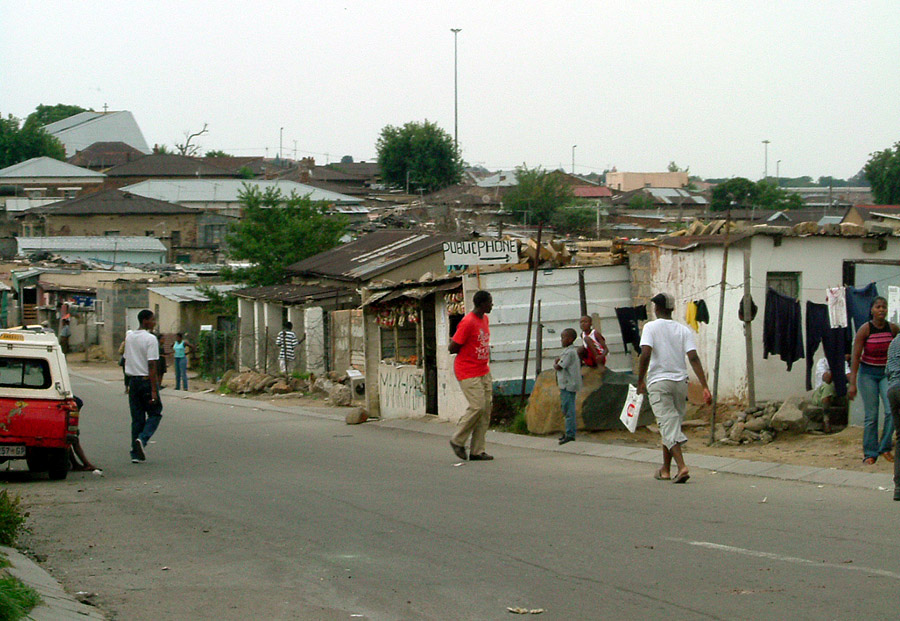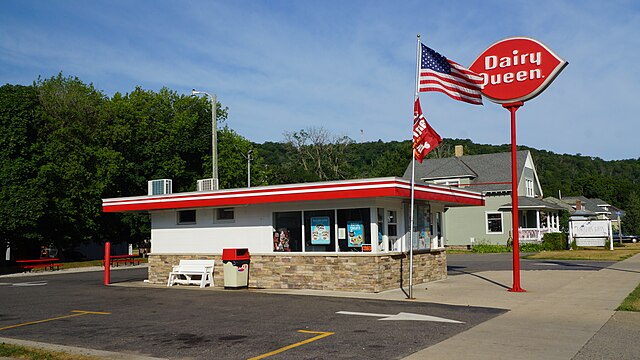In the bad old days of apartheid, before the gates of Pollsmoor Prison swung open releasing Nelson Mandela into the sunny streets of Cape Town, South Africa in February, 1990, hope for change was as scant as water in the Kalahari. Across the face of central and southern Africa scattered resistance groups held out against insuperable odds: the African National Congress (ANC), student movements, a patchwork of faith groups, as well as trade unions and surrounding independent states that had to walk a fine line of supporting the cause of freedom without drawing the wrath of South Africa’s feared military and intelligence agencies.

A tiny bead on this necklace of resistance was a clutch of pacifist Quakers – ‘the Society of Friends’ – in the country of Botswana, some of whom were themselves self-exiles of conscience from their apartheid home country, others who had reason to believe that the authorities there sought to do them harm. This heroic band of Quakers carved out a small guest house in the city of Gaborone where those who fled repression and humiliation in the townships or cruelties in detention might find a brief respite before charting an onward course. In this modest venture of hospitality they collaborated with their spiritual kin, the Mennonites.
In those neighboring countries, hardly a month went by without news of a letter bomb, a mysterious road accident, a stealth assassination or an exploding car. One night, in June 1985, we were jolted to wakefulness by what sounded like full-on war in our city, Gaborone: machine gun chatter, exploding grenades, the roar of personnel carriers and barking bullhorns. When dawn broke traumatized residents crept out to find numerous houses reduced to smoke and cinders, the supposed hideouts of anti-apartheid activists. The city was left to count its dead and wounded and to grieve in anger for the innocents.
But then the day arrived when the improbable came to pass, that they set Mandela free and that preparations would lead to free elections. Many secrets that could not formerly be told then came to light, even as apartheid’s collaborators slipped shamefully away in the night. One of those secrets touched the Gaborone Quakers in particular. A woman member of that tight-knit faith circle passed away from illness shortly after. At her memorial gathering, there arrived a delegation of strangers from Johannesburg, senior members of the ANC. They explained that they came to honor her courageous deeds. What courageous deeds would those have been, they were asked? During the years of struggle, came the reply, she had served as a vital supply line for weapons and explosives to reach ANC militants inside South Africa. She had ferried these by vehicle across Botswana’s remote southern borders to waiting partisans in the Kalahari thorn scrub.
This stunning revelation plunged her Quaker kin into agonies of soul-searching. On the one hand, they swelled with pride to know she had so zealously committed to the cause of racial justice. But how had they failed, they asked themselves, to fully win her to the Quaker tenet of acting without resort to violence? There followed long thoughts about the unknown lying hidden in each life however devoted or deep the friendship. As Quakers are known to do, there arose, too, self-probing about how thoroughly ‘the light within’ had suffused and possessed their own personal depths. And there lingered, too, this redeeming after-thought, a consolation for every practitioner of peace: that even in a reckless, tortured heart, the unknown would surely be a secret ache for peace.



This is very interesting Jonathan. I really know little about the Quakers but did know Mennonites have over time felt a bit of a connection because of the strong peace stand we had in common. You mentioned there are Quakers in Kenya and that interested me too as I was not aware of that. Thanks for there story.
Rra Diane, as you would know, I am nostalgic reading this piece.
A Quaker with a strong bias for social justice; a true Christian, whose choice would have, I am persuaded, earned a “well done, sister” from the fearless master teacher himself. Thanks for sharing her courageous story with us, Jonathan.
Thanks Jonathan. An interesting story – our gratitude to Quakers for showing us the way of introspection.